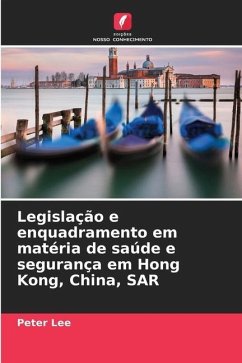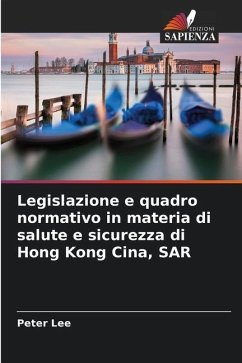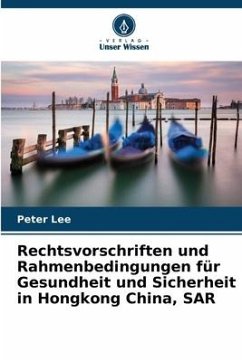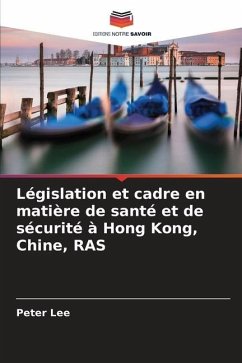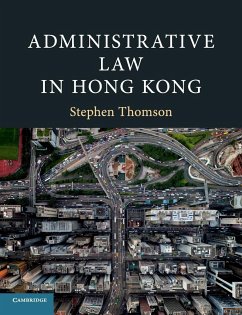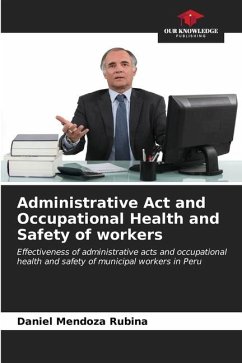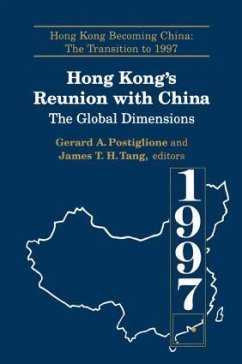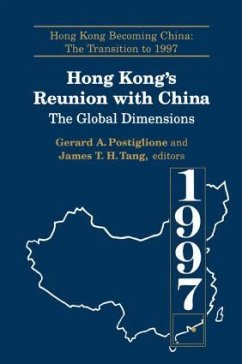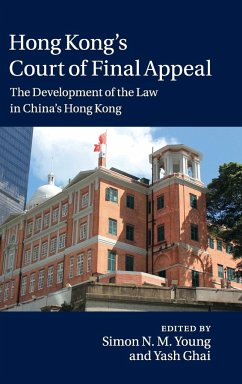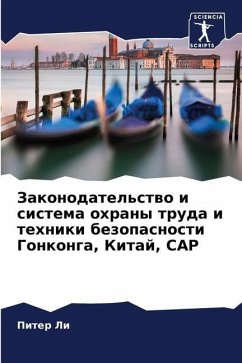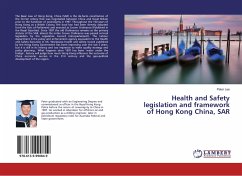
Health and Safety legislation and framework of Hong Kong China, SAR
Versandkostenfrei!
Versandfertig in 6-10 Tagen
29,99 €
inkl. MwSt.

PAYBACK Punkte
15 °P sammeln!
The Basic Law of Hong Kong, China (SAR) is the de-facto constitution of the former colony that was negotiated between China and Great Britain prior to the handover of sovereignty in 1997. Throughout the 150 years of Hong Kong as a British Colony, the local law had been directly adopted from the Acts of Parliament and enacted as Crown Ordinance (Published in the Royal Gazettes). Since 1997 the old Ordinances remains as the primary statute of the SAR, almost the entire Crown Ordinance was passed as local legislation by the Legislative Council (mini-parliament). The Labour department is the polic...
The Basic Law of Hong Kong, China (SAR) is the de-facto constitution of the former colony that was negotiated between China and Great Britain prior to the handover of sovereignty in 1997. Throughout the 150 years of Hong Kong as a British Colony, the local law had been directly adopted from the Acts of Parliament and enacted as Crown Ordinance (Published in the Royal Gazettes). Since 1997 the old Ordinances remains as the primary statute of the SAR, almost the entire Crown Ordinance was passed as local legislation by the Legislative Council (mini-parliament). The Labour department is the policy and enforcement agency equivalent to the Health and Safety Executive in UK. Workplace health and safety record published by the Hong Kong Government has been improving over the last 5 years, but it is still in its infancy and too imprecise to make quality strategy and policy planning.. What happens since 1997 has been 'water under the bridge', history will judge how much Hong Kong influence the outcome of China economic success in the 21st century and the geo-political development of the region.



